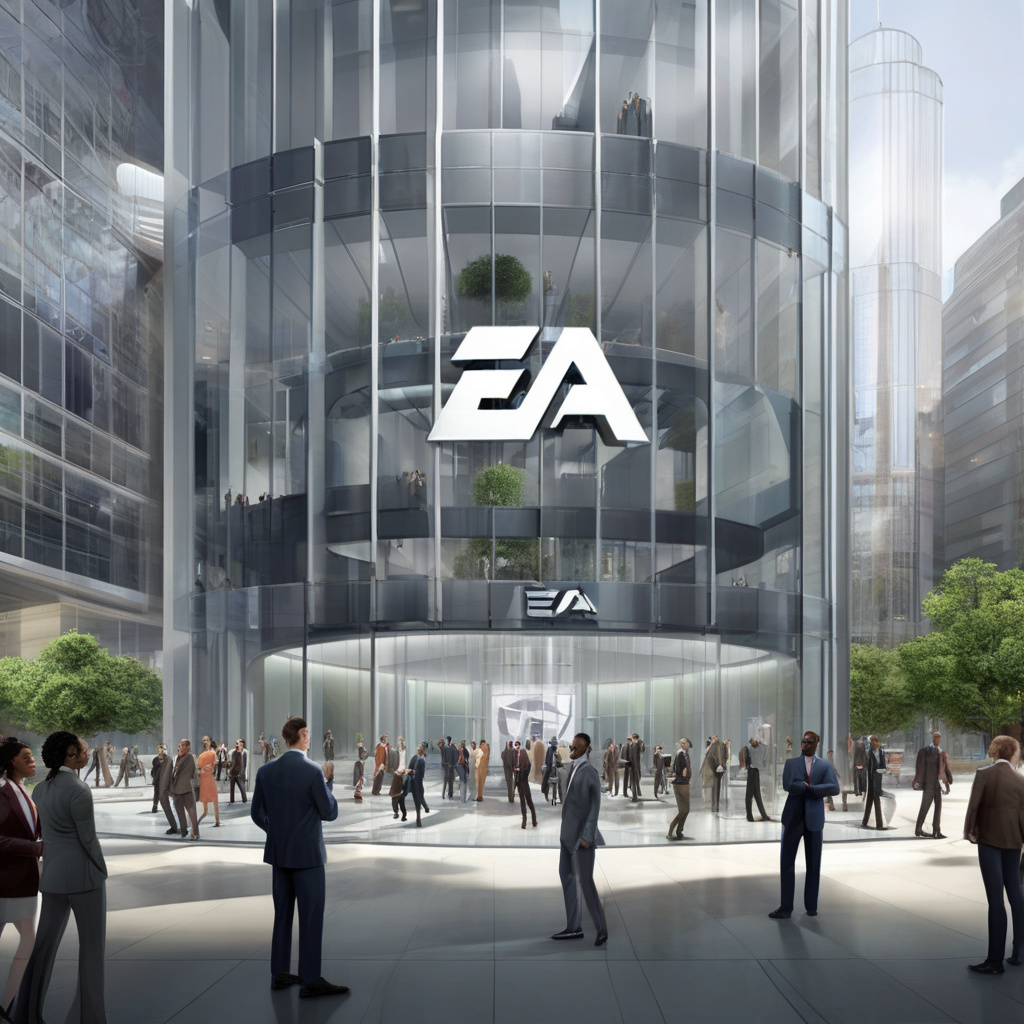In a monumental move within the gaming industry, Electronic Arts (EA) is set to transition into a private entity following a staggering $55 billion acquisition deal. This significant development, orchestrated by Saudi Arabia’s Public Investment Fund, along with Silver Lake, marks a new chapter in EA’s trajectory. The decision to go private carries profound implications for EA’s future strategic direction and operational autonomy.
Under the leadership of current CEO Andrew Wilson, EA is poised to navigate this transformative phase. Wilson’s stewardship amid this transition underscores a commitment to continuity and stability within the company. His guidance and vision will be instrumental in steering EA through the intricacies of privatization and aligning its objectives with the overarching goals of the acquisition partners.
The shift to private ownership can unlock a multitude of opportunities for EA. Freed from the demands of public shareholders, the company gains greater flexibility to pursue long-term initiatives and innovation. By operating away from the scrutiny of the stock market, EA can focus on bolstering its core competencies, exploring new creative ventures, and enhancing its competitive edge in the dynamic gaming landscape.
Moreover, going private enables EA to streamline decision-making processes and expedite strategic implementations. Without the constraints of quarterly earnings pressures, the company can adopt a more agile and forward-thinking approach to product development and market expansion. This newfound agility positions EA to respond swiftly to industry trends, consumer preferences, and technological advancements, ensuring its relevance and resilience in an ever-evolving market.
The acquisition deal not only reshapes EA’s corporate structure but also signals a significant realignment of power dynamics within the gaming sector. As one of the industry giants, EA’s transition to private ownership sets a precedent for how companies navigate growth, adapt to market forces, and forge strategic partnerships to drive value creation. The ripple effects of this move are likely to reverberate across the gaming ecosystem, influencing industry practices and competitive strategies.
As EA embarks on this transformative journey, the eyes of the gaming world are keenly fixed on the company’s trajectory. The transition to private ownership heralds a new era of possibilities, challenges, and innovations for EA. With Andrew Wilson at the helm, EA is poised to harness the potential of this acquisition deal, charting a course that propels the company to greater heights of success and significance in the global gaming arena.
In conclusion, EA’s shift to private ownership following the $55 billion acquisition deal represents a strategic milestone that carries far-reaching implications for the company and the gaming industry at large. Under the continued leadership of CEO Andrew Wilson, EA is primed to leverage this transition as a catalyst for growth, innovation, and sustained relevance in an increasingly competitive market landscape. The journey ahead promises to be both transformative and exciting, shaping the future trajectory of EA and redefining its position as a key player in the dynamic world of gaming.

